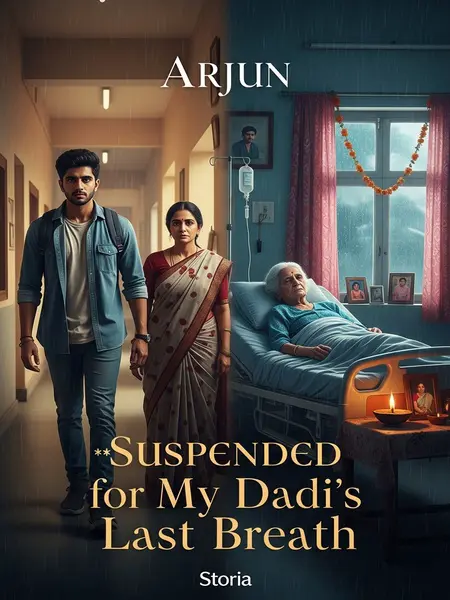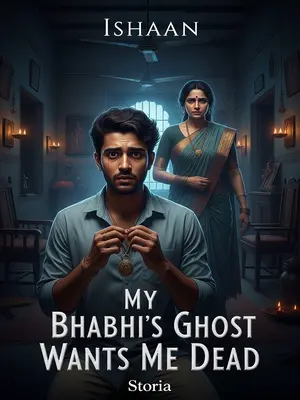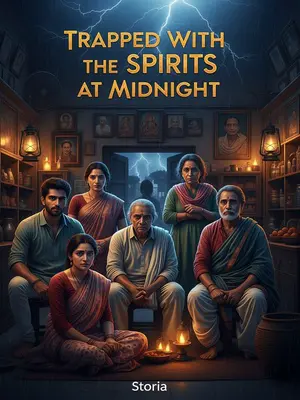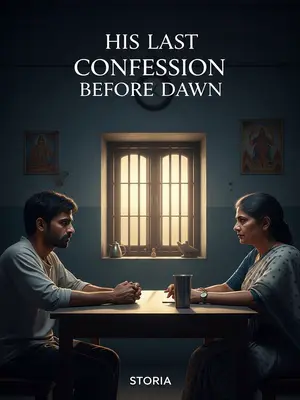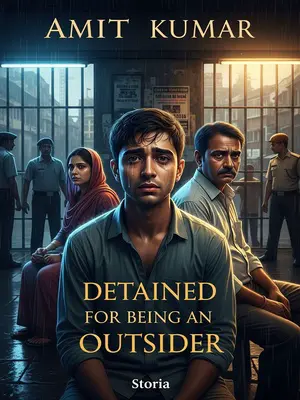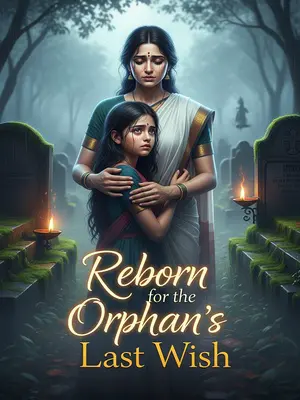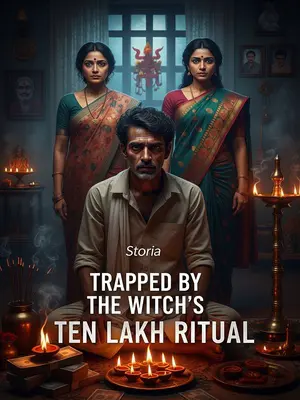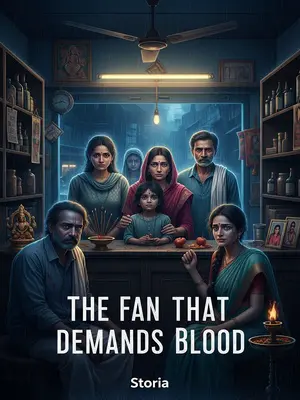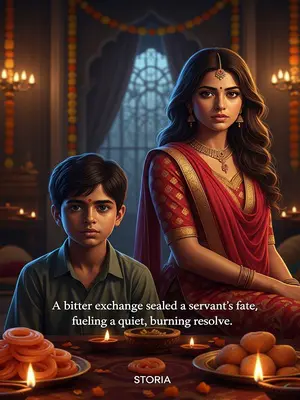Chapter 3: The Night Train Home
That night, I boarded the overnight train to Kaveripur. The platform was buzzing with chaiwalas shouting “Chai, chai, garam chai!” The smell of samosas frying mixed with the cool night air, making my stomach grumble despite the knot inside. I found my seat near the window, tucked my backpack under my head, and stared out at the flickering station lights as we pulled away.
My roommate sent me a WhatsApp message: the counselor had come to check the hostel, found I was missing, lost her temper, and cursed me out right there.
Kabir’s message was full of exclamation marks—"Bhaiya, aaj toh band baj gaya! Sharma Ma'am had a fit! Even the warden was scared." I could almost picture the hostel corridor in chaos, slippers squeaking as people scrambled.
I said I knew.
I didn’t even have the energy to type more. The train rattled on, and my heart ached for home.
I had seven or eight missed calls from her and dozens of one-minute voice messages on WhatsApp—she was really blowing up.
I didn’t dare open them. I just stared at the notification count, feeling both dread and a strange relief. It was like waiting for exam results—each ping a reminder that trouble travels faster than Rajdhani Express.
I didn't listen to any of them. I just replied, short and to the point: "Student Arjun Kumar is requesting leave to go home due to grandmother's critical illness. Return date undetermined."
She instantly replied: "I do not approve."
I could imagine her sitting up straight in her chair, glasses pushed up, her face twisted in irritation as she typed her response.
Forget it. Whether you approve or not doesn't matter to me now—I'm just informing you.
For once, I felt in control. Sometimes, you have to stop asking for permission and just inform.
The day after I got home, dadi passed away.
Our entire home was heavy with the smell of incense and fresh flowers—the sharp tang of agarbatti mixing with the sweetness of marigolds, and the distant clang of steel glasses from the kitchen. I could hear the soft chanting of mantras and the muted sobs from the women in the other room. My heart felt both empty and full.
While I was grieving, I was grateful I made it back in time to see her one last time.
I remembered holding her wrinkled hand, hearing her faint voice call me “Chhotu” one last time. That moment was worth every risk I took.
After the cremation, my dad told me that the day I came home, the counselor had called him.
He was still in his white kurta-pajama from the rituals, sitting quietly with a cup of strong tea, when he mentioned it.
"Now that things at home are settled, hurry back to college, don't delay your studies."
I could hear the weariness in his tone, but also a trace of pride. Maybe he too was tired of explaining family emergencies to stubborn officials.
"Dad, our counselor..."
I hesitated, expecting him to scold me for not following rules.
Anyone could guess she didn't have anything nice to say to my dad.
He patted my shoulder. "I know, you did nothing wrong. Don’t worry, no matter what, Dad’s got your back." His grip lingered, rough and warm, and for a moment I felt like a child again, safe even as the world spun out of control.
For a moment, I wanted to cry again—not for dadi, but for the relief of not being alone in this fight.
I nodded.
I could see his eyes glistening, just for a second, before he looked away and busied himself with the tiffin box.
On the way back to college, I sent the counselor a message: I said things at home were settled and I'd be back at college that evening.
Even as I hit send, my stomach churned with worry about what awaited me. The train was crowded, my head ached, but at least my conscience was clear.
She never replied, even after I returned to the hostel.
Her silence was almost more unnerving than her usual scoldings.
But I wasn't naive enough to think she'd just let me off the hook.
Experience had taught me better. In India, forgiveness from authority figures is harder to come by than a refund from the railways.
